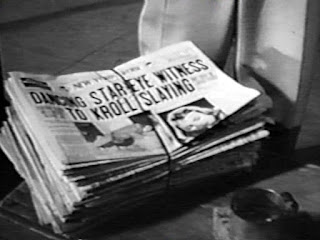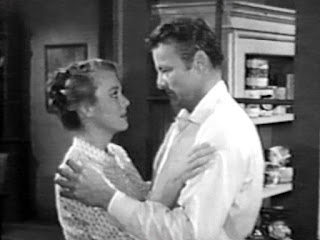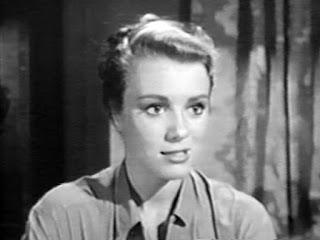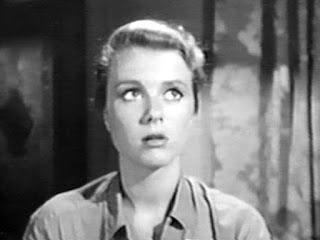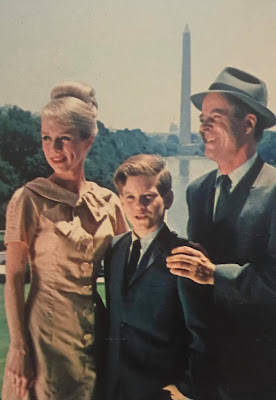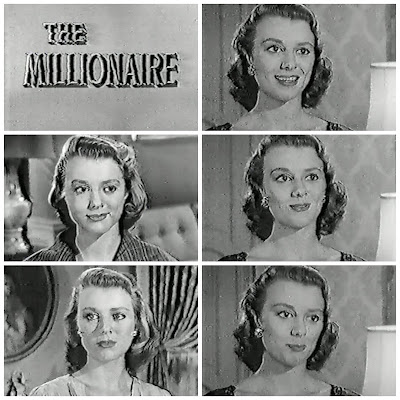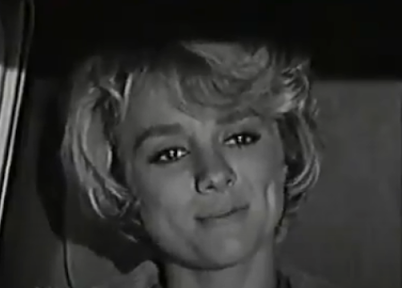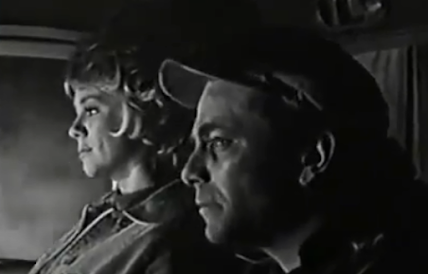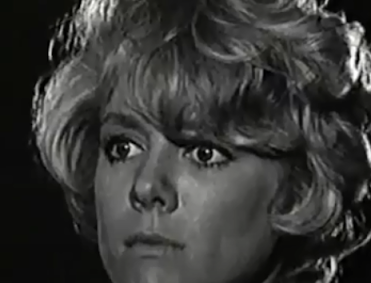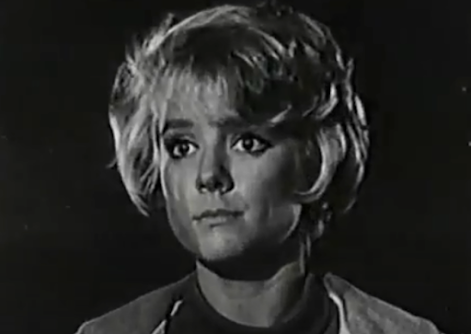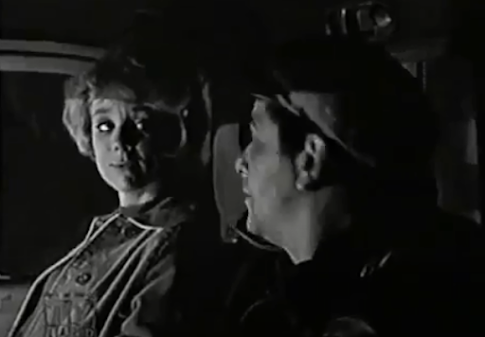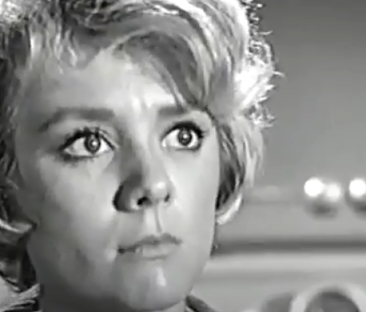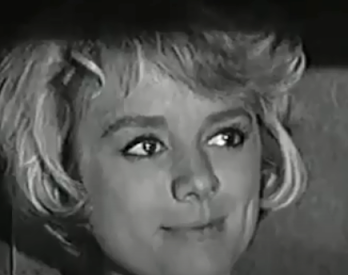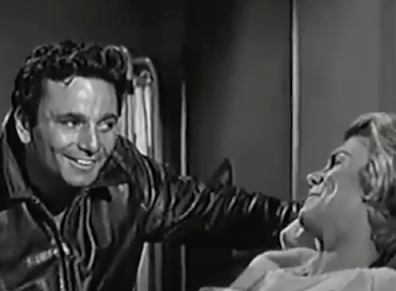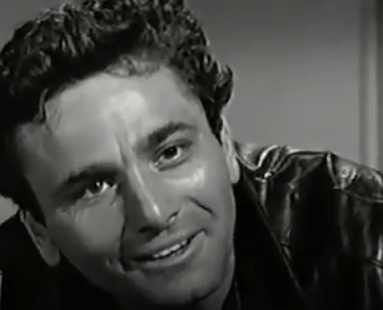 |
| Handwritten holiday note from Inger. Source: my collection. |
Happy Holidays! Today's post is a collection of references I've found to Inger's Christmas celebrations. The photo above is of a Briggs, Ltd. gift card hand signed in red by Inger that is proudly displayed on my mantle at the moment. The signed card comes with an envelope and the gift attached was for friend Abe Lincoln, Jr., son of jazz trombonist Abram Lincoln. I'm not sure what the gift was, but I also have a photograph of Inger inscribed to Abe from the Lincoln estate.
Discovering the Magic of Performance in Sweden
Inger first got bit by the acting bug when she watched her father perform in a local Swedish production of "A Christmas Carol." In Patterson's biography, Inger is quoted as saying:
I watched my father play Scrooge. As Scrooge he was gray-haired and bent over. I couldn't imagine what happened to his lovely chestnut hair. He told me what I had seen on stage was part of the magic of the theatre. I was spellbound. Years later I found the wig he had worn, but then it was too late; I had already made up my mind to be an actress someday and participate in the magic of the theatre.
Patterson also reveals that Inger was thrilled to be selected as Saint Lucia as a young girl in Mora, Sweden. Saint Lucia Day (December 13) is large celebration and the tradition is based on a martyr who wore candles to light her path and secretly delivered food to persecuted Christians. Inger wore a crown of seven white candles, a long white dress with bold red sash and walked to local businesses and schools singing carols. This honor and the performative play it required strengthened Inger's wish to be an actress.
Alone at Christmas
While I'm sure Inger had other fond holiday memories with family and friends throughout the years, many of Inger's Christmases seem to have been spent alone in hotels on film shoots or rehearsals. For example, in 1962, when Inger was rehearsing for her Christmas Eve opening of the play "Mary, Mary", she wrote to her aunt about how depressed she felt being alone and working over the holiday. Inger made sure to mix work with festive cheer during the years she worked on The Farmer's Daughter (1963-66). Inger helped plan the annual Christmas party for the cast and crew.
Tragically, Patterson writes that on Inger's final Christmas, she phoned her father but he would not interrupt his dinner to talk to her and never returned her call. Due to a lot of childhood and adolescent trauma, Inger had complicated relationships with both her father and mother. Despite this, Inger always reached out, making a big effort to regularly visit her mother in Sweden (whom she viewed more as a friend) and to phone and write her father. Although they abandoned her as a child and again at various times in her life, Inger never abandoned the hope that her familial relationships would grow stronger.
 |
| Source: Manhattan Mercury. December 17, 1958. |
In December 1958, Inger was on a whirlwind multi-city publicity tour for the film The Buccaneer. At a stop in St. Louis, Inger posed smiling beside a Christmas tree with a large sign that read "Merry Christmas to ALL my friends of MANHATTAN. Inger Stevens." This generous gesture was made for friends back in Manhattan, Kansas, where Inger spent her formative, teenage years. The smile and work ethic that Inger displayed on that publicity tour belied the fragility and depression she was facing. Less than a month after this happy photo was taken, Inger attempted to take her own life and required a lengthy recovery.
Re-gifting Cleverness
Inger was hurt when lover Bing Crosby gifted her an impersonal certificate in lieu of a gift on Christmas. When it was time for Inger to send Bing a wedding present a mere 10 months later, she made use of it. She said:
After he married Kathy, I sent it back as a wedding present.
Thoughts on the Commercialism and Rush of Christmas
As related in Patterson's biography, in a personal letter dated 1955, Inger wrote to a friend:
I can never understand why everyone rushes Christmas. Thanksgiving isn't here yet and already stores are decked out in their finery and the Yule bells are pealing and thank God I haven't seen a Santa Claus yet. Why must everything be so prepared and rushed? It makes me ill. And that reminds me, I have to make out the Christmas card list and start shopping. See? We all get caught up in it.
 |
| Inger Stevens, handy with a needle, makes gifts for friends. Source: Photoplay. December 1957. |


